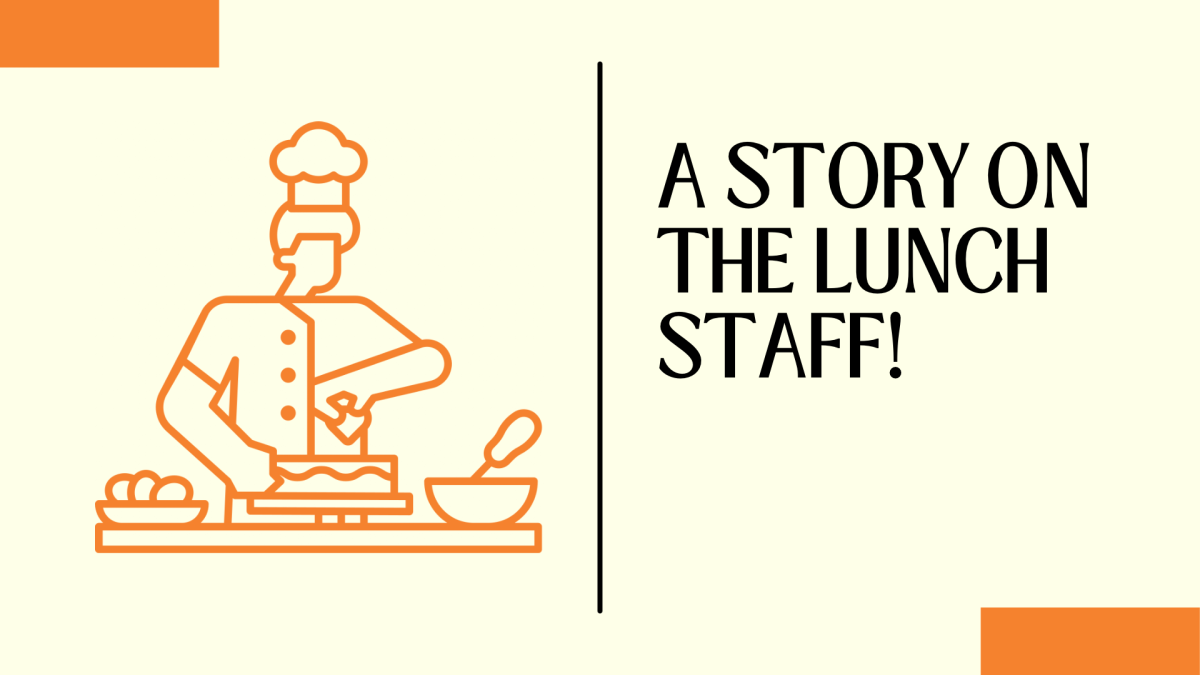Designer Babies
April 26, 2019
To the extent of biological health factors, it is our ethical duty to do anything to prevent disease to the best of our ability, if genes can be altered to be low risk for things such as Alzheimer’s or cancer, then I argue that they must be. However this necessary alteration must be the limit to our genetic engineering. With further alterations the moral line becomes blurred, and we begin to lose that which makes us human.
The concept may appear to be science fiction, but is in reality a rather simple one. It has long been known that genes are a map to human development, and that not every gene presents itself. However the idea that “genes were turned on and off by the attachment of proteins to special sequences close to those genes”(Ridley) is a relatively new concept. It became clear that they were not the biological tarot cards they had appeared to be, but that “genes came with DNA switches (Ridley). The potential is not only present for genetic enhancement, but may already be present in part today. Gene therapy, which is becoming an increasingly useful tool in the medical field, is the removal of genes that make diseases such is breast cancer or early-onset Alzheimer’s more likely. These “discretionary tweaks to [the] genome… shade into genetic enhancement. Some might see being short or myopic is problems that need fixing.”(Economist) This idea is what makes many scientist wary of the further implementation of this process. It is at the very least questionable ethically to take away such individualistic traits such as height or intelligence.
The phrase “designer babies” is one most people probably have not been exposed to, however the imagery is extremely powerful. As in the image found in the photo in source C, the baby has been altered genetically to show for things such is perfect pitch, high IQ, and 20/20 vision. All traits that would appear to be desirable to every human on earth. And yet this treatment is one that very few people have the resources to obtain. So the potential disaster is that of a group of rich, genetically superior babies crawling around and growing up to have more rich genetically superior kids. There is very little room for moral debate in this area as economic privilege would be dramatically increased. Those without the resources to make these designer babies will be even further behind the curve of growth, leaving almost no way for the socioeconomic ladder to be climbed. This is touched on in Linda Glenn’s article on ethical issues in transgenics, she asks “who will have access to these technologies and how will scarce resources – such as medical advances and novel treatments – be allocated?” The answer is simple – the entire world simply cannot afford to enhance their offspring. And what gives a prosperous culture such is America to engineer themselves to be genetically superior to the rest of the world?
It has long been time to discuss the effects research in genetics will have on our society. The amount of studies and commentary discussing genetics increased 80 times between 2007 and 2012 according to the graph in source E. This false conception of a futuristic, science fictional process is already here, and if we do not educate ourselves on the matter we will not be prepared for practically dealing with actually implementing the genetic engineering. There are already clinics popping up around the globe advertising the enhancement of genes- such as the one in Amsterdam seen in source F. Americans have a habit of being uneducated on everyday matters that affect everyone. In Behind a Formaldehyde Curtain, Mitford comments on the specific and seemingly private affair of embalming – a process everyone will at some point have to face – and yet as a culture we are abysmally unaware of what goes on behind that curtain. We cannot allow this to happen with something as vital is genetic alteration and engineering.
We must start talking about this scientific medical advancement. We cannot allow the rich and powerful to widen the gap by designing their own “better” generation of the human race. We cannot lose what makes us human by sacrificing individualism for comfort. If this process becomes streamlined before an ethical line is drawn, we can and will lose our humanity.




































